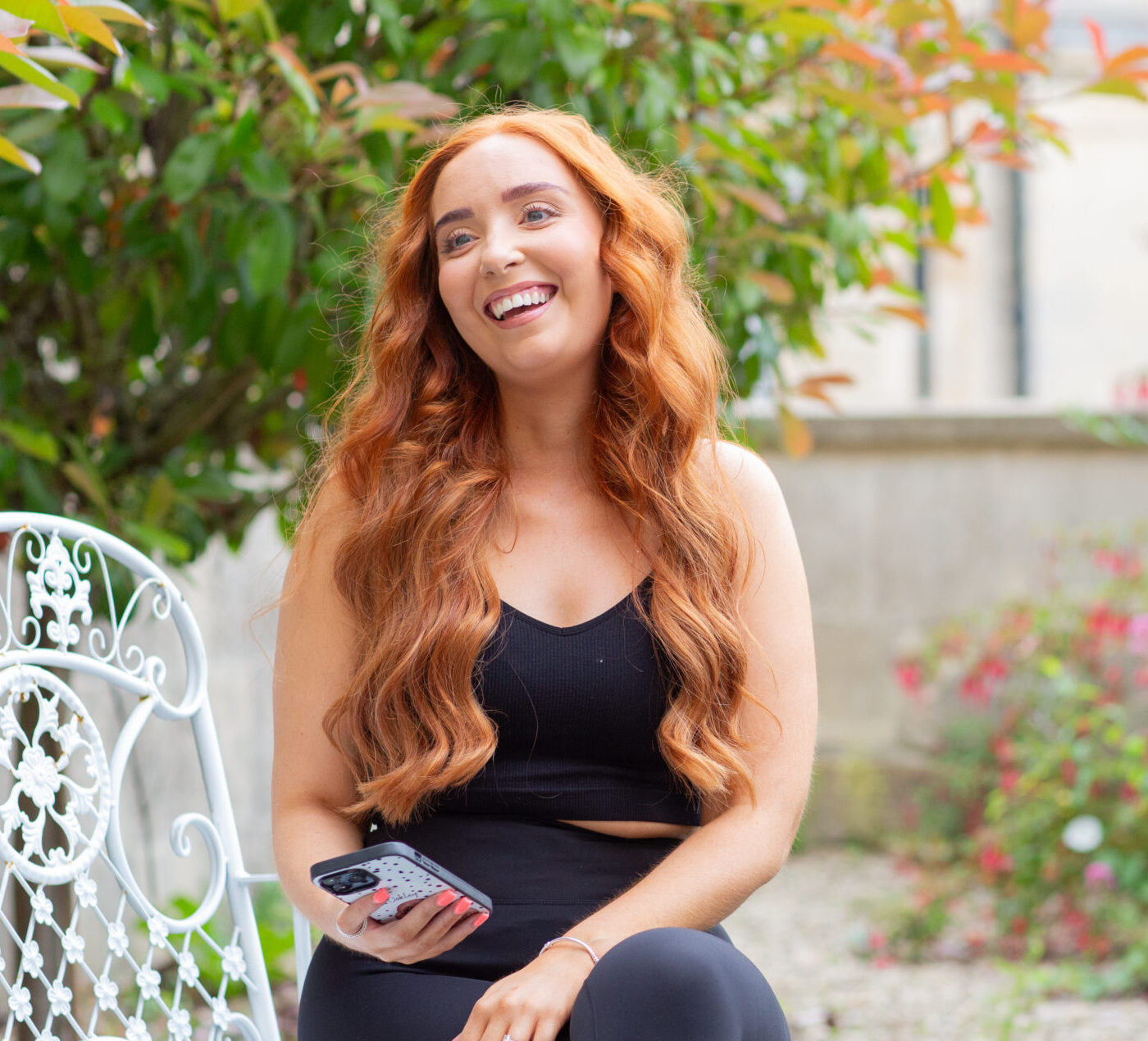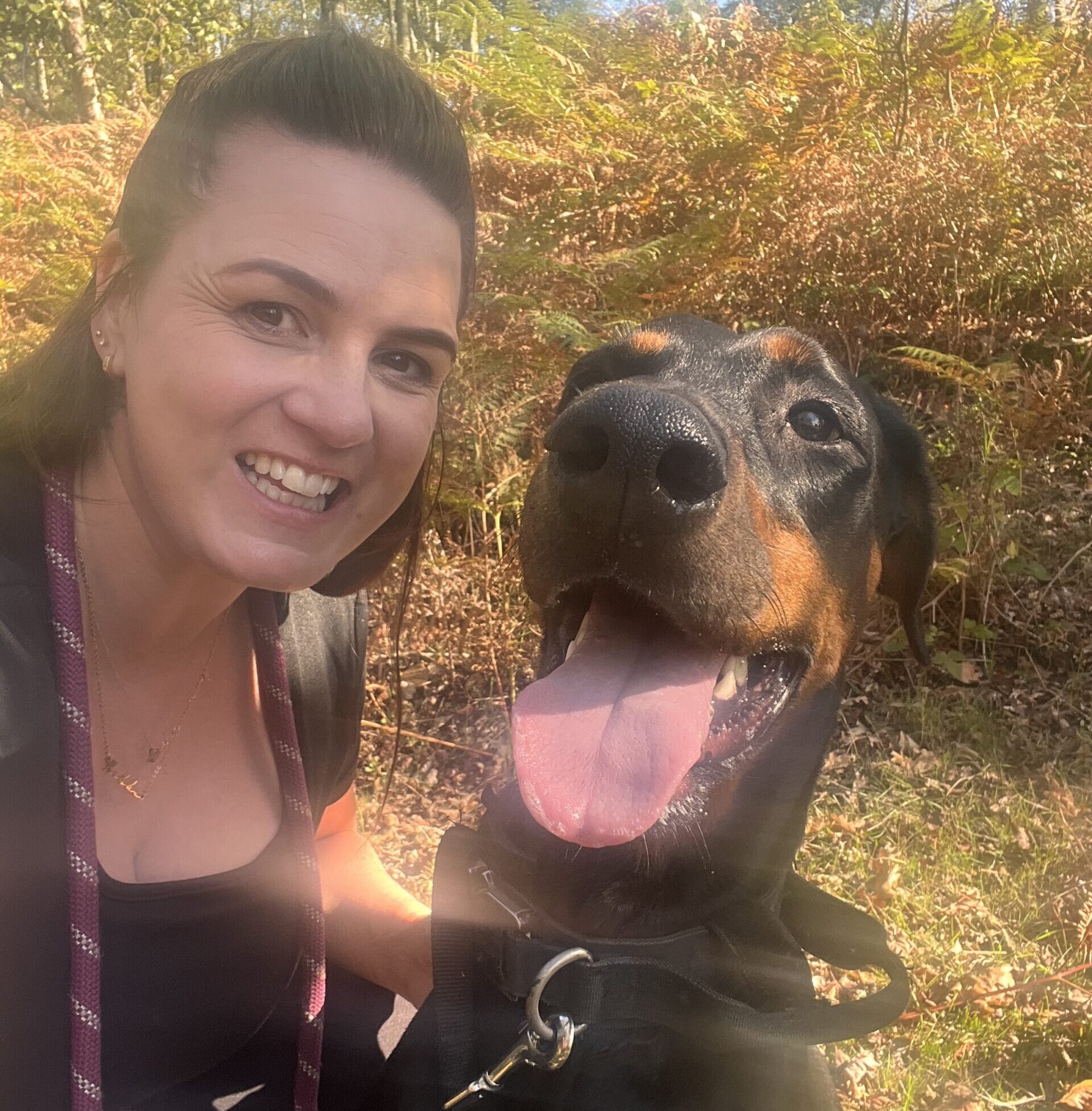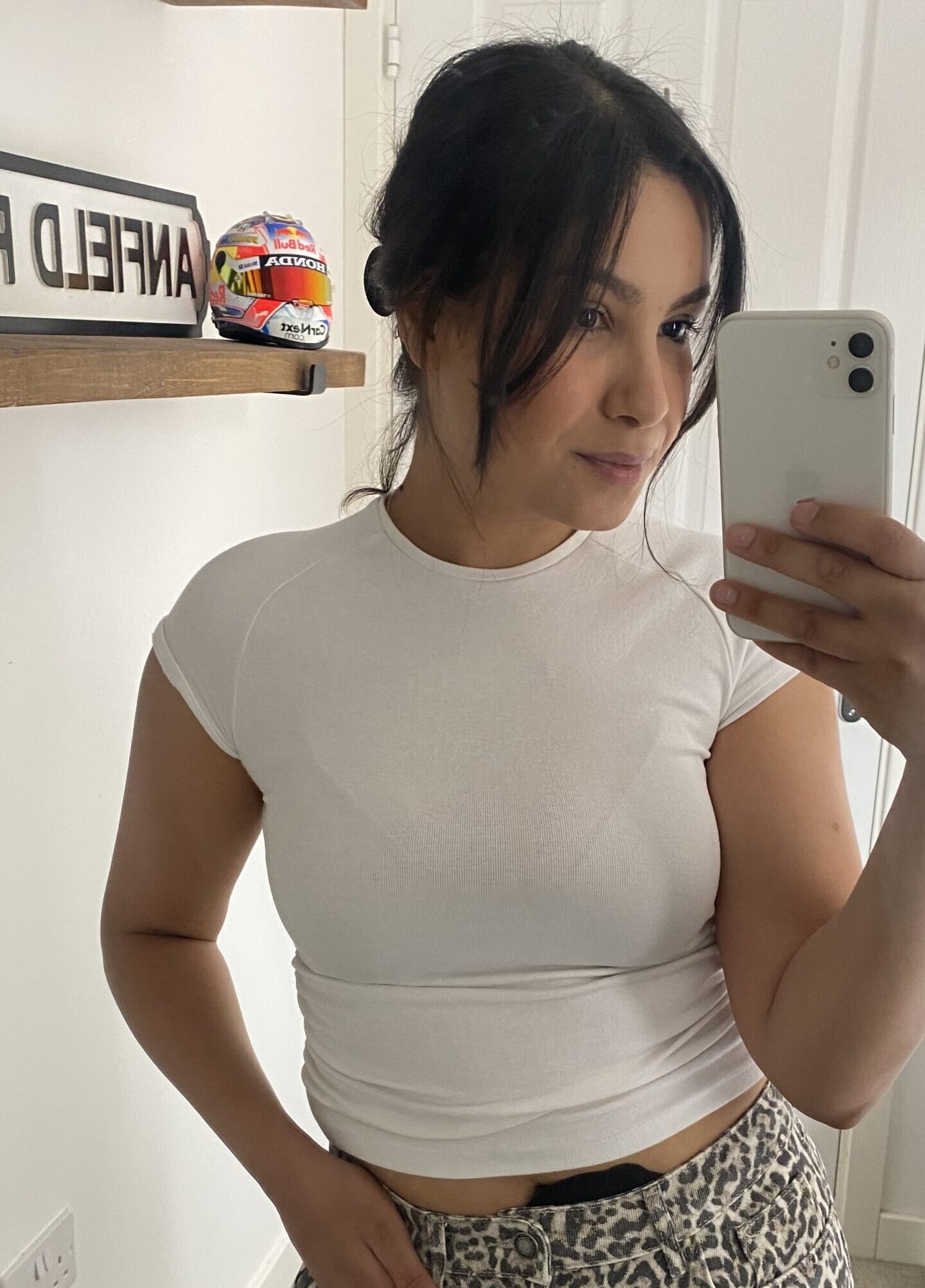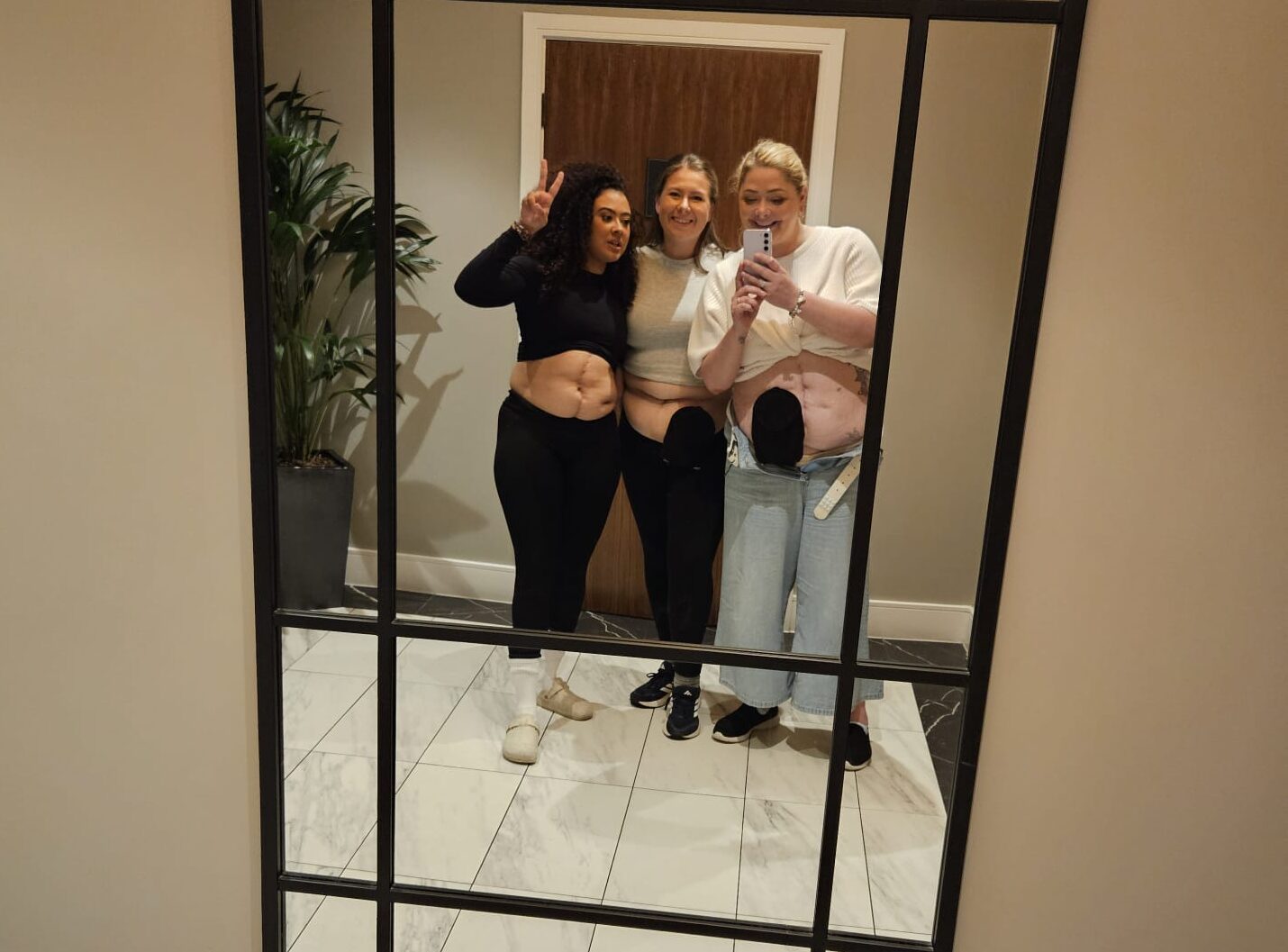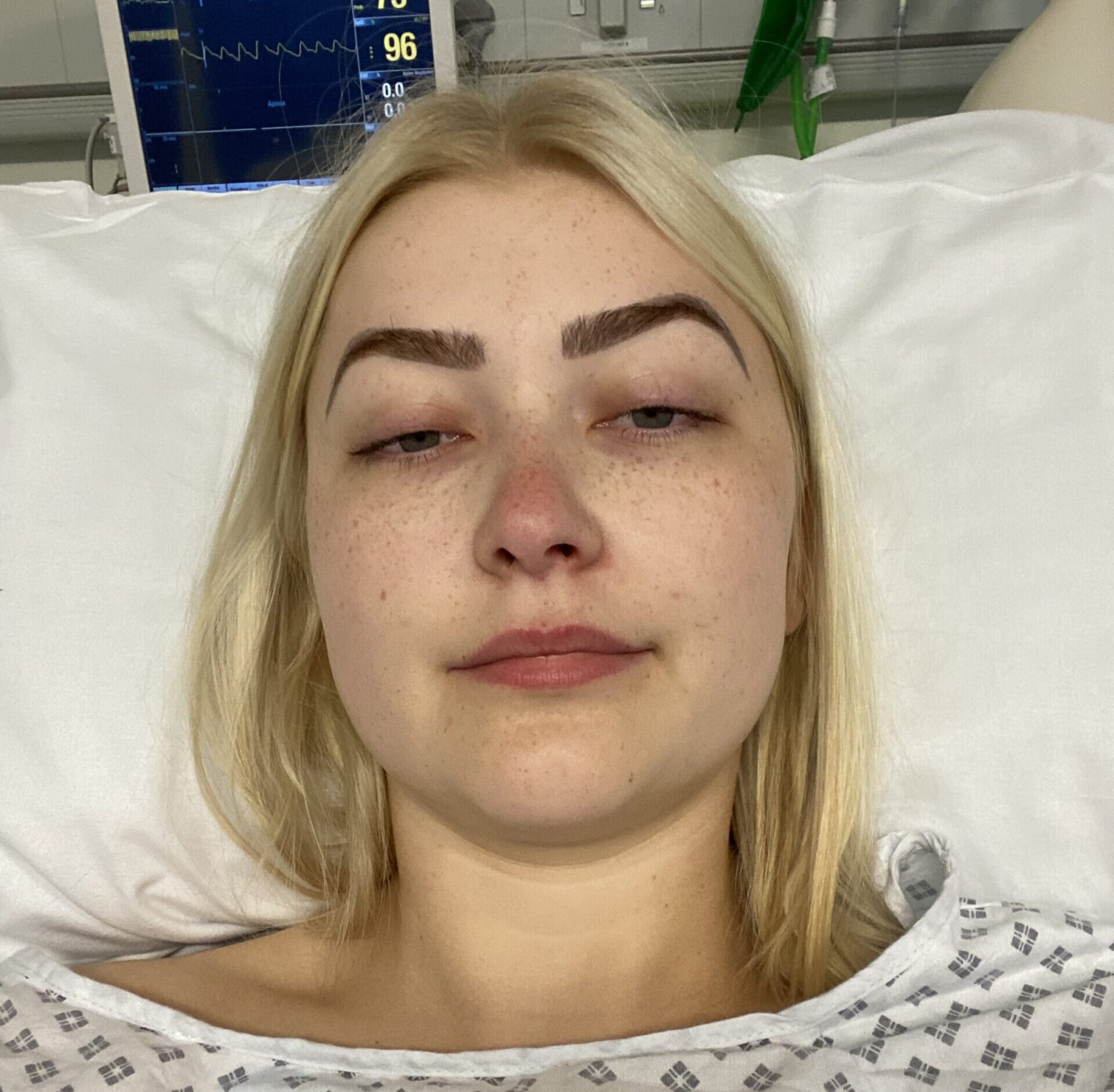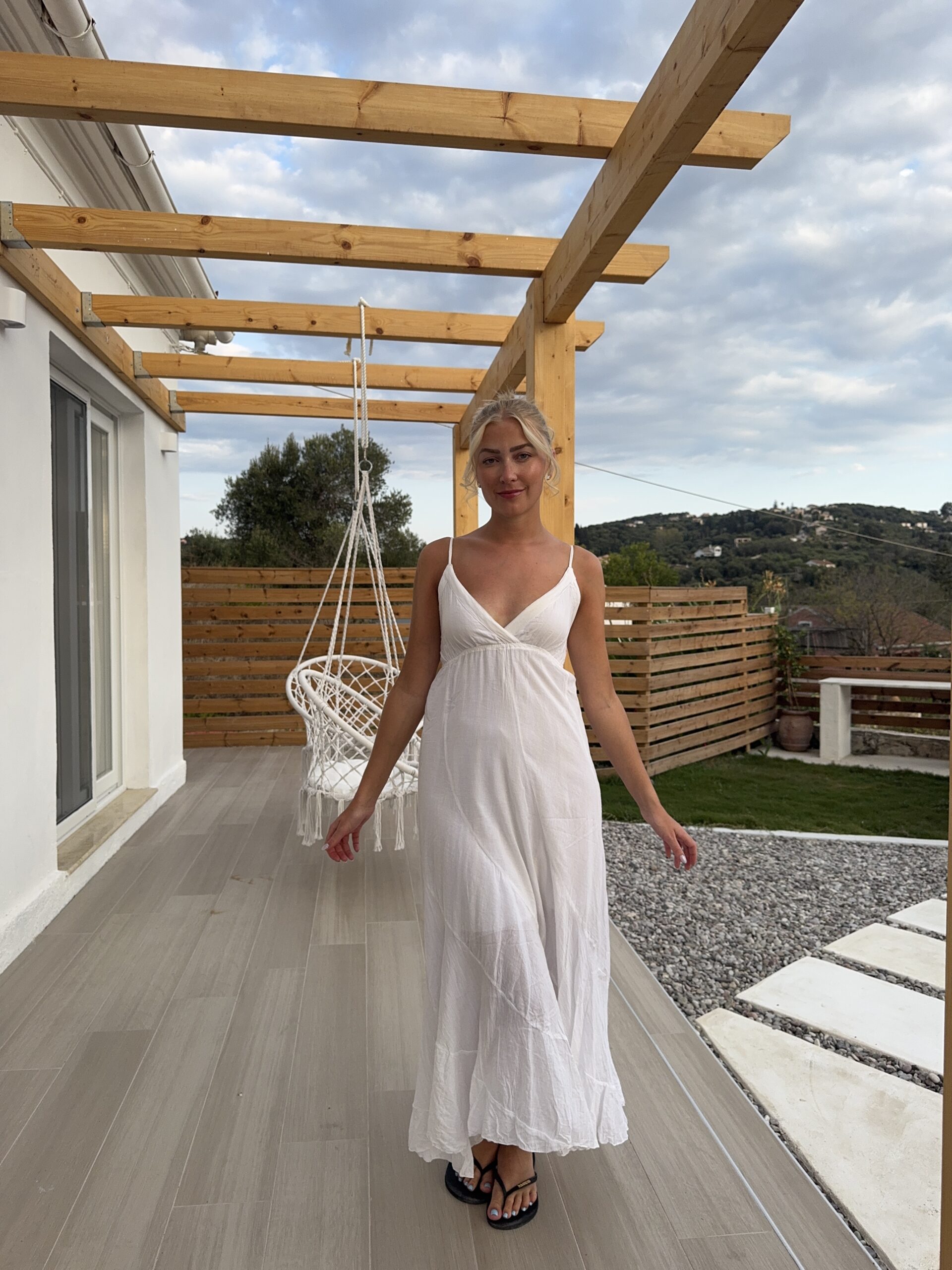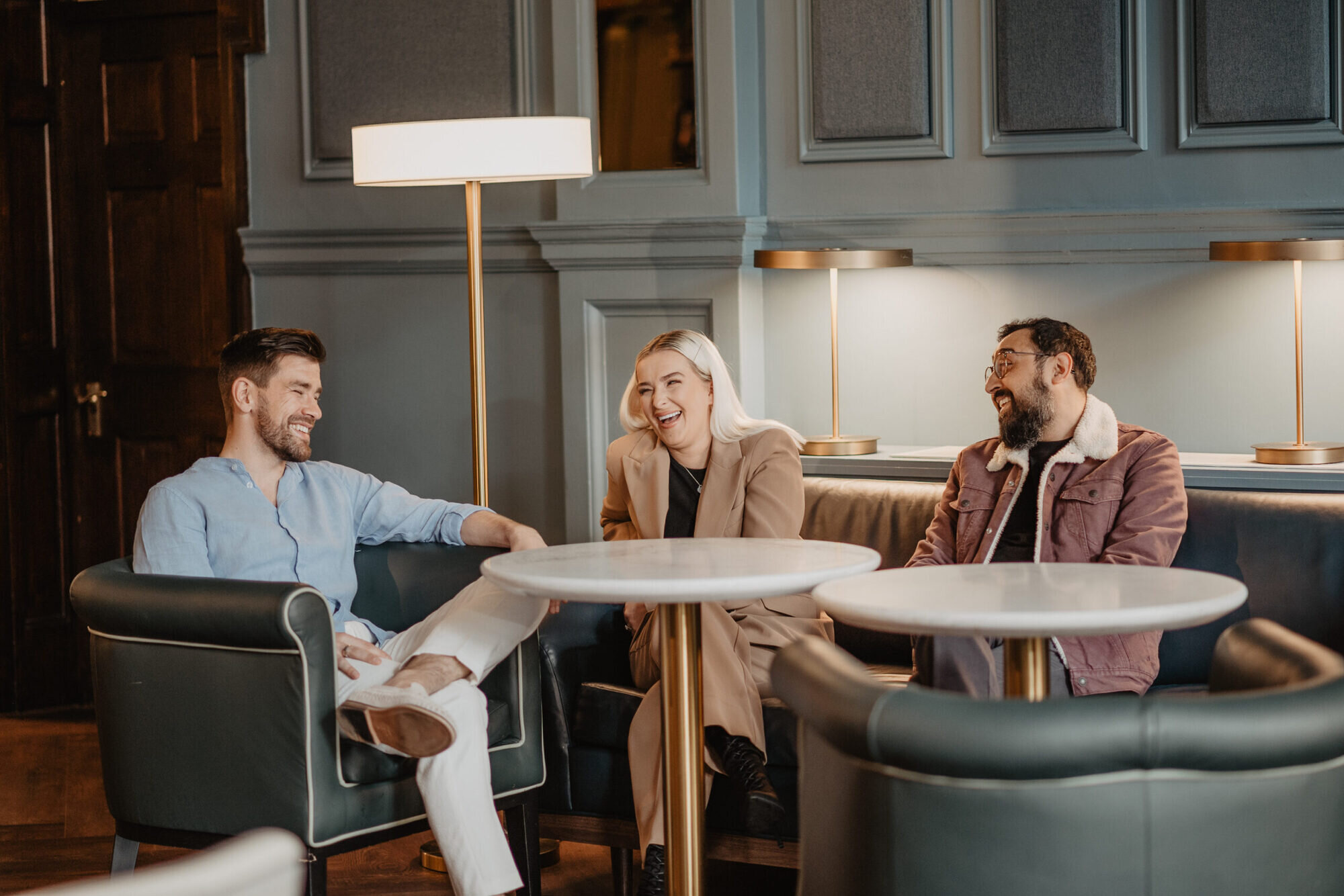
My mental health journey | by Chris
*Disclaimer: This blog shares Chris’ personal experience with his stoma and mental health. Everyone’s journey is different but if you are struggling with your mental health, please speak to your GP, stoma care nurse or a qualified healthcare professional.
Where do I start with this blog about my mental health and healing my mental health. Let’s start with what a journey it has been and sometimes continues to be. For me I have improved my mental health to a good place, but it always feels like it is just in remission and could bounce back and affect me at any given time. Do you feel the same about yours?
I was diagnosed with Crohn’s disease in 2013 when I was 38 although I know I have suffered since I was a child. It took many years of horrendous suffering, there were many years of going to the GP, many years of being rushed into A&E, and yet nobody could work out what was wrong with me. On more than one occasion, I was asked if I was a drug addict and I was treated appallingly. I even had a very close family member accuse me of making up all my symptoms. For a family member to say this to me was devasting, I was hurt and angry by this, I felt really let down. I could not understand why the medical professionals could not find out what was going on. With the close family member saying I was making it up and the medical professionals not finding out the problem I did eventually start questioning myself, I did start thinking am I somehow causing my body to have the problems I was having, was I doing it to myself?
In 2010 I joined the police. Before joining the police, I had many jobs and some I enjoyed, but I always felt whilst I enjoyed some of the jobs I was missing something, I always felt I wanted to do a job that helped people and made a difference. When I joined the police, it gave me what I wanted, and I felt that I had found my calling in life in terms of work. I have loved pretty much every minute of being a police officer despite some of the awful things we see and hear.
I felt I now had a career that I could achieve in, and I had goals to progress within the police. But within a couple of years, the undiagnosed Crohn’s disease was really starting to take hold of my body, I was becoming very unwell. I was very quickly becoming angry with my body and what went hand in hand with that was a huge decline in my mental health.
I started shutting people out, and these were people that meant a lot to me, I did not want to be around anyone. I was becoming increasingly angry with my body and I was ignoring clear signs that I needed medical attention. I just did not want to acknowledge it anymore. I just did not want to believe there was anything wrong with me, I did not want anything to get in the way of the career I was really enjoying. I was still enjoying my role and I may have become obsessed with my career, I was using this as a distraction, it was helping me ignore what was happening to my body. This was a mistake.
I was losing weight and genuinely, I looked awful. I would not even look at myself in the mirror, I was now hating myself, I was hating everything about me. People would say to me “Chris you look awful.” These comments were just fueling my bad mental health and I was now starting to feel like a burden to everyone. It was getting to that point where I was questioning if life was still worth living. It was getting to the point where I was thinking everyone would be better off without me. Whilst all this was going on with my mental health I was still going to the GP’s with no answers, I was still going into A&E in excruciating pain, I was often passing blood as well having awful diarrhoea and many other awful symptoms of Crohn’s disease. Yet still no diagnosis.
Finally, the disease started to impact my work, yet I kept forcing myself to go to work in horrendous states. Many times I had to go home halfway through a shift because I just did not have the energy, I was so thin, and my uniform was just hanging off me. My sergeant during those times was practically begging me not to come to work, but I kept pushing on. My poor sergeant on more than one occasion had to take me to hospital during a shift.
I was lying on a hospital bed one day in agony, I was curled up in a ball, for some reason my amazing wife was in the waiting room, I think she was waiting for someone to come and get her. Whilst laying there in agony a doctor said these words to me “Chris how long have you had Crohn’s disease?”
At that time with the condition I was in with my body and my mental health, my reply to him was not very nice, it was just a reply of pure frustration. I could not believe a doctor was saying this to me in such a matter-of-fact way, what he did not know was that I did not know I had been diagnosed with Crohn’s disease, but it was there in writing on his clip board. Why had I not been told? Why had I not been called in to discuss this? I was so upset. I was not upset with the diagnosis, I was upset I had been informed.
Within a very short time, I was back in hospital and needing surgery for a stricture in my intestine. Despite having the diagnosis, I went on to have many surgeries. I was regularly off work and the Crohn’s was still getting worse. I was now plagued with fistulas that just would not respond to any medicine or surgical procedures and what comes with fistulas is perianal abscesses. It got to the point where I was in hospital every few months with an abscess. The career I loved was suffering, the goals I had were disappearing into the distance. Of course, my mental health was still suffering. I still could not see a way out of the suffering.
Due to the fistulas and the abscesses, I had pretty much lost control of my bowels, I was regularly having accidents. These accidents would also happen at work, I just had no control. Being a front-line police officer with no control of my bowels was dreadful and embarrassing. I really was at the point of not being able to cope anymore with life. I was by this point on anti-depressants and having counselling, which was helping, and I always had the full support of my wife, Rachel.
I knew I had to make a big decision. I knew we were never going to get on top of the fistulas and by now I was exploring the possibility of having a colostomy and my rectum being removed. I watched hours and hours of YouTube videos. I decided enough was enough and I went and saw my surgeon and told her to take all my rectum out and give me a colostomy. This felt like my last chance, I was hoping it would be the miracle cure for me. My surgeon did not even hesitate and booked me in six weeks later for the surgery. What a journey it had been to that point. The hospital stays just seemed so regular by now. In a five-year period I had at least twenty surgical procedures.
I suffered enough, my career suffered, Rachel suffered with me, but she was simply amazing. Just typing this is making me well up in tears. There were so many times where I wanted to end it all, but somehow, I just kept fighting, somehow, I just kept pushing myself to continue.
My stoma really did save my life! It changed my life, it gave me my life back. Of course, after surgery it was still a shock to see my stoma for the first time and see the bag on my stomach, but not once did I think I had done the wrong thing. But yet again I had another journey to overcome. The pain of having your rectum removed is very painful and the recovery was slow. I knew this was just a short-term pain and I would recover; it was just a phase I had to get through.
I knew I had to put a coping strategy in place to help me accept my stoma, so whilst in hospital I asked very quickly if I could touch my stoma and start changing bags as quickly as possible, whilst I asked for this surgery it was still a shock to see it. By starting as quickly as possible in caring for my stoma, it helped me adapt and change. It felt like it had given me a bit of purpose, I had something to focus on. This certainly helped my recovery.
Something else that helped me was talking about my stoma with people, people seemed very intrigued by it. It sounds silly but it felt like some sort of superpower where I could talk to people and educate them on stomas and this became a positive for me, it was really helping me move forward and my mental health was improving day by day.
Over time I just kept getting stronger and stronger, my weight was increasing, I felt better physically and mentally. Then another miracle happened, I looked at myself in the mirror for the first time in years. I liked what I saw, I looked healthier than I had done in years, I was even smiling at myself. I had finally turned the corner, for the first time in my life I was proud of myself. I was proud of what I had overcome, and I realised how resilient I had been throughout this epic journey – what a journey it has been! Standing there in front of the mirror with my stoma bag and looking good was just one of the best feelings.
I decided I was not stopping there, my desire to help people became stronger. I wanted to help and support other people going through similar. This desire led to me starting my YouTube Channel called Sydney Stoma (yes, I had named my stoma Sydney). This was just another example of my personal growth that I felt I could talk to a camera with the view to helping others. I am proud of the channel due to how much it has helped others.
I was now back at work and doing the job I loved, the police force I work for have been very supportive which also helped my recovery. I worked hard and got my career back on track. Five years ago I was promoted to sergeant. This was a huge milestone for me and at long last I was achieving my goal.
I also became an ambassador for Eakin Healthcare. Working with them has been an amazing journey, and they have helped me hugely in developing myself. When I attended my first photoshoot I never thought I would be ‘modelling’ in just my boxer shorts in front of other ostomates and a camera crew. The amazing people at Eakin helped me do this along with the support of the other ambassadors. I was not worried about my bag being out, I was still a little conscious about by body. I overcame this worry and now I cannot get down to my boxers for a photoshoot quick enough!
I know this is a long blog so I will finish with this advice. If you have just had a stoma, take your time, take your time to get used to it. Please take the recovery at a slow pace. Look at your supplies and get used to handling them. Start changing your bags as soon as you can, even name your stoma – it does really help!
Once you are starting to get used to it then start looking at social media and watch other amazing ostomates share their journey, you will relate to so much of it and it helps understand you are not alone. The most powerful piece of advice is this, keep talking, talking really helps. You can achieve a full and rewarding life with a stoma.
Thank you for reading this epic blog and I hope it helps!
Chris
@sydneystoma
Want to join our ambassador community?
If you’re passionate about making a difference and sharing your story, we’d love to hear from you!

